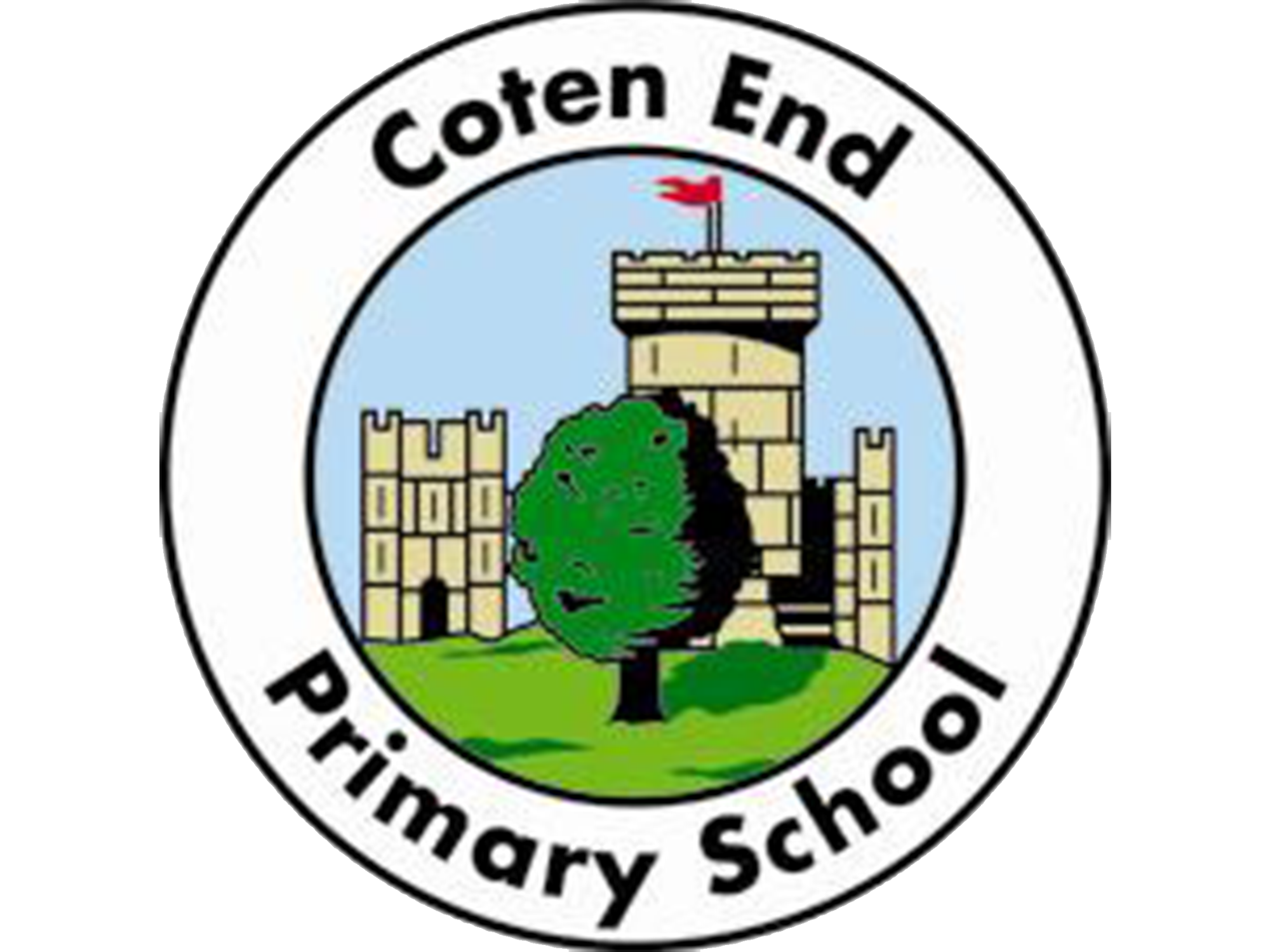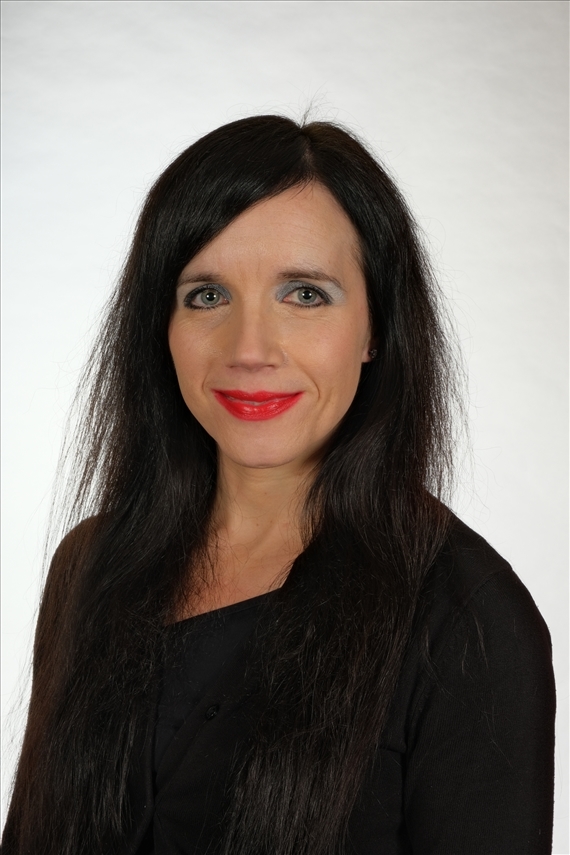
Coten End Primary School
Science
Curriculum Lead: Clare Carey

The National Curriculum
The national curriculum for science aims to ensure that all pupils:
- develop scientific knowledge and conceptual understanding through the specific disciplines of biology, chemistry and physics
- develop understanding of the nature, processes and methods of science through different types of science enquiries that help them to answer scientific questions about the world around them
- are equipped with the scientific knowledge required to understand the uses and implications of science, today and for the future.
Access the primary science curriculum on the tab above to see the content which is taught in each year group.
Intent
At Coten End, we aim to:
- Provide foundations for the children to begin to understand the world around them.
- Ensure children have a secure understanding of a topic before moving on to ensure genuine progression.
- Ensure children use technical scientific vocabulary precisely and accurately to explain concepts and justify their reasoning when rationalising a concept.
- Teach all pupils essential aspects of the knowledge, methods, processes and uses of science.
- Encourage pupils to understand how science can be used to explain what is occurring, predict how things will behave, and analyse causes.
- Ensure pupils are aware of current scientific advances and news to allow them to see the importance of science in our modern world.
- Ensure children connect and link their learning to other areas of the curriculum.
- Develop a sense of excitement and curiosity about natural phenomena.
- Enrich children's learning experiences and increase their science capital.
Implementation
- Science is taught in Early Years through the 'Understanding the World' strand of the Early Years statutory framework. They are given opportunies to explore scientific concepts through structured play activities.
- Science is taught weekly 1.5 hours in KS1 and 2 hours in KS2.
- Objectives are planned to ensure a progression of skills across the school using the National Curriculum for guidance.
- Working scientifically is embedded within a topic to support the children's understanding of conceptual knowledge.
- A range of scientific enquiries are planned into the curriculum including: observing over time; pattern seeking; identifying, classifying and grouping; comparative and fair testing (controlled investigations); and researching using secondary sources.
- One element of working scientifically is usually an objective to ensure the written element of an enquiry isn't as onerous.
- Staff are supported with CPD from subject leader and 'ReachOut' CPD.
- Teachers use children's interests to help plan lessons children will find engaging as they have a genuine interest in it.
- Enquiries are often open ended and child-led to ensure they are enthused and take ownership of their learning.
- Children are taught correct scientific vocabulary.
- Children are supported when orally explaining scientific knowledge in order to ensure they are articulating scientific ideas using appropriate vocabulary and in order for teachers to address misconceptions.
- Where appropriate, science is linked to other subjects. For example, when presenting data, there may be a link to maths.
- Visits, trips and workshops (for example to Cross Hands Quarry, The National Space Centre and the use of laboratories at local secondary schools) help to enrich the children's science capital.
- Science week enthuses the children and allows them to experience a wide range of activities. The science fair during this week also promotes the oral explanation of scientific concepts.
- The use of knowledge organisers help to introduce new learning and consolidate knowledge at the end of a topic.
- Science 5-a-day helps to support children's long term memory of key concepts to ensure they can be built upon over the years.
- Children are assessed continuously throughout a topic by teacher assessment. At the end of a topic to gauge their understanding, children take a short assessment. This is inputted into a tracker.
Impact
When children leave Coten End, they will:
- Understand the importance of science in our society.
- Be continually excited and curious about the world around them.
- Use their experiences to explore ideas and raise questions.
- Have a secure understanding of the key scientific concepts outlined in the National Curriculum.
- Be equipped with the skills to select, plan and carry out an enquiry.
- Have an improved science capital.
- Be ready to continue to learn about science at secondary school where they will begin to engage meaningfully in more sophisticated discussion of experimental design and control and learn higher order content.
If you think you can help with the teaching of science at Coten End in any way please contact Miss Rawlins or email the office. Thank you!